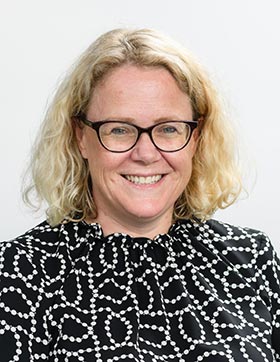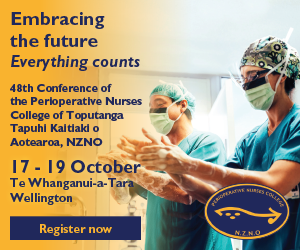
As part of vocational reform, Te Pūkenga is charged with bringing the country’s 16 polytechnics into a single network with one curriculum per programme. Scheduled to roll out in 2023, this has ignited concerns from nursing leaders of a loss of regional diversity and autonomy in nursing training.
The National Nursing Leaders (NNL) group has expressed fear the merger could “fracture” nursing education and “disrupt the nursing pipeline”, impacting on health care.
Nursing had spent 20 years training a “flexible, fit-for-purpose” workforce able to extend their roles in rural areas and small towns, NNL co-chair Jenny Carryer and former co-chair Lorraine Hetaraka have told Te Pūkenga chief executive Stephen Town.
It was the “breadth” of programmes from non-degree to post-grad, that supported this. “…it is abundantly clear that any fracturing and splintering of education and the pipeline could have disastrous consequences”.
Nursing educators, employers and other NNL members must be involved in any changes to how the training is delivered, they said.
Te Pūkenga deputy chief executive delivery and academic Angela Beaton said at a recent hui [with Nursing Education in the Tertiary Sector (NETS)] it was agreed to progress with three registered nurse programmes – the bachelor of nursing (BN) and BN Māori and BN Pacific.
Te Pūkenga would now be “leaning in” to collaborate with “nursing leaders from across our subsidiary network and the sector to rethink nursing education”. That would include te Tiriti-led governance of the nursing programmes, she said.
A range of nursing representatives including NZNO would be invited to be involved in designing and testing a new curriculum, “to ensure the voice of the profession and wider sector is heard”.
Nursing programmes are currently delivered at 14 polytechs, six universities and one wānanga.
NNL advises the Government, and comprises nursing representatives from 12 professional, educational and employer organisations including NZNO.



